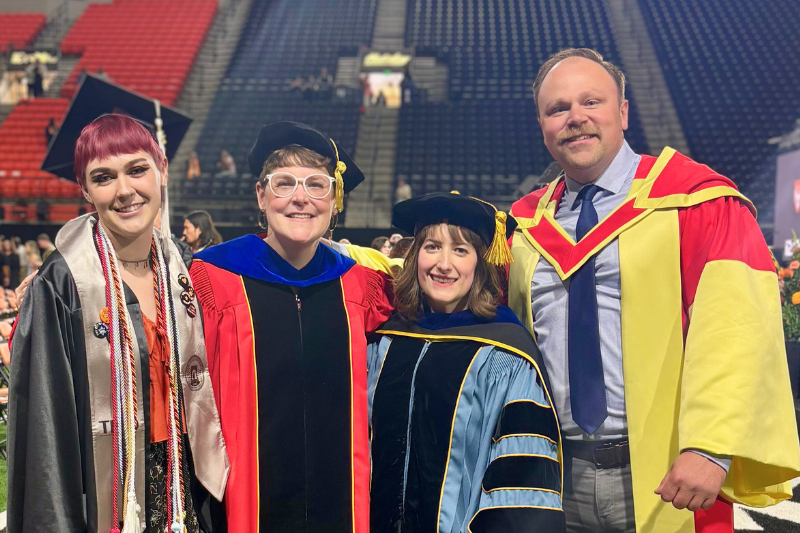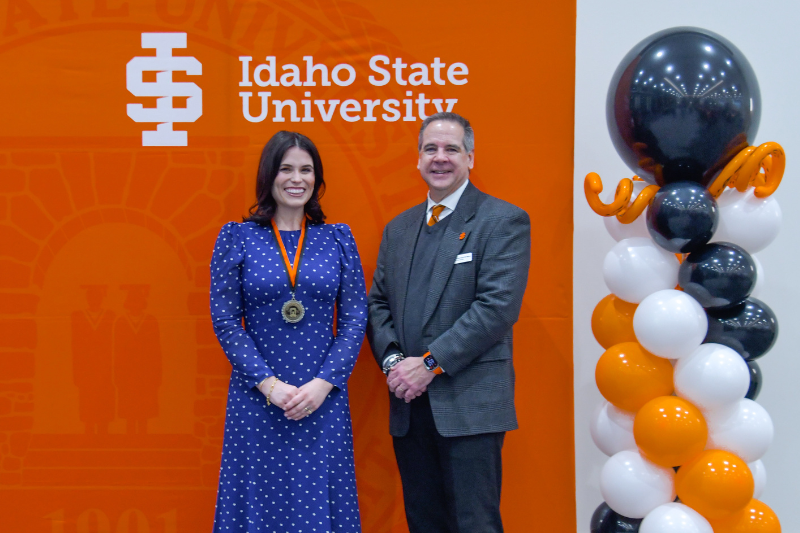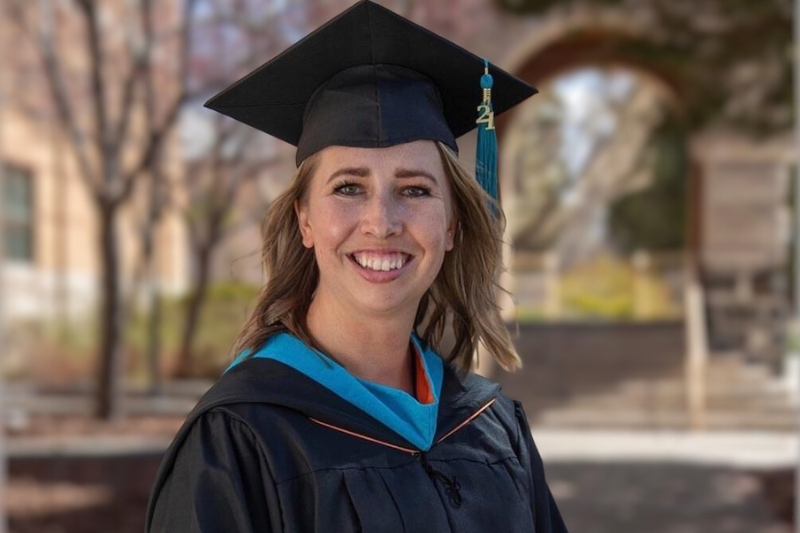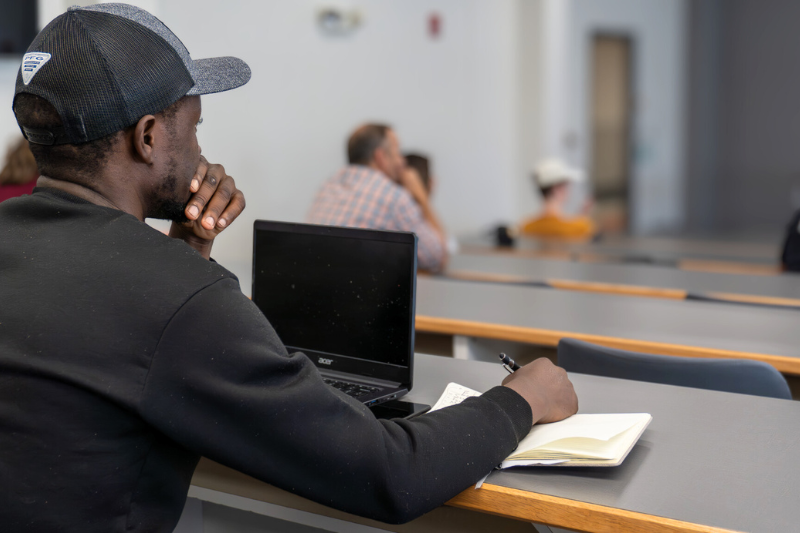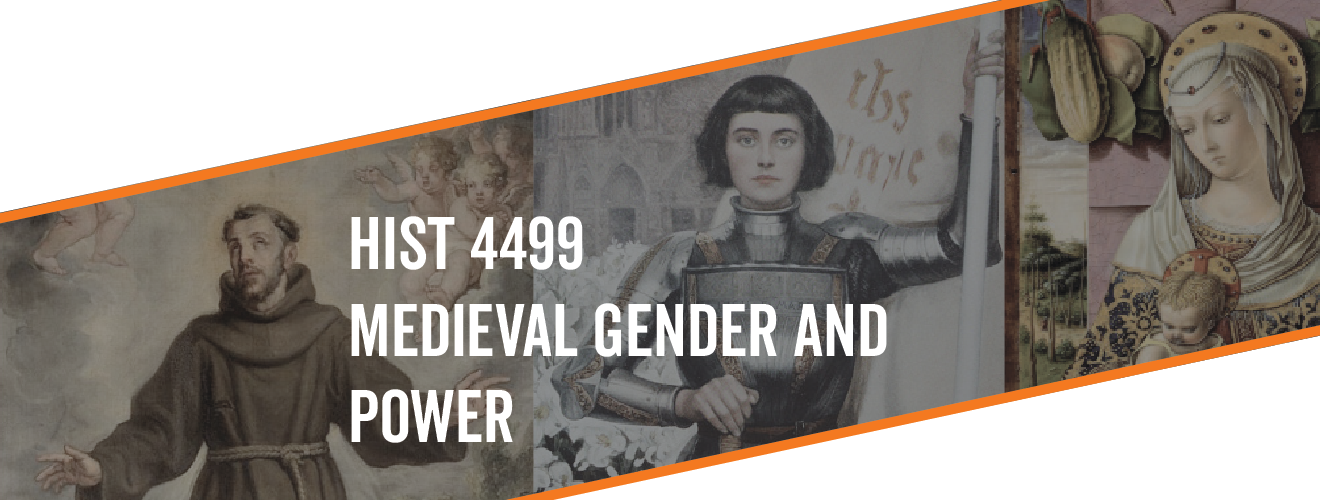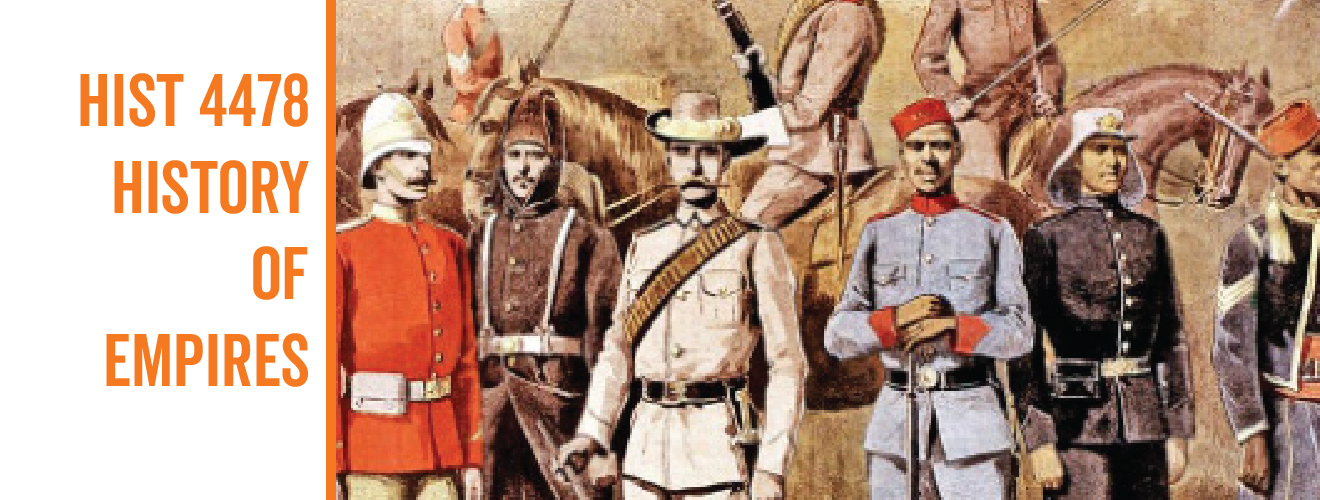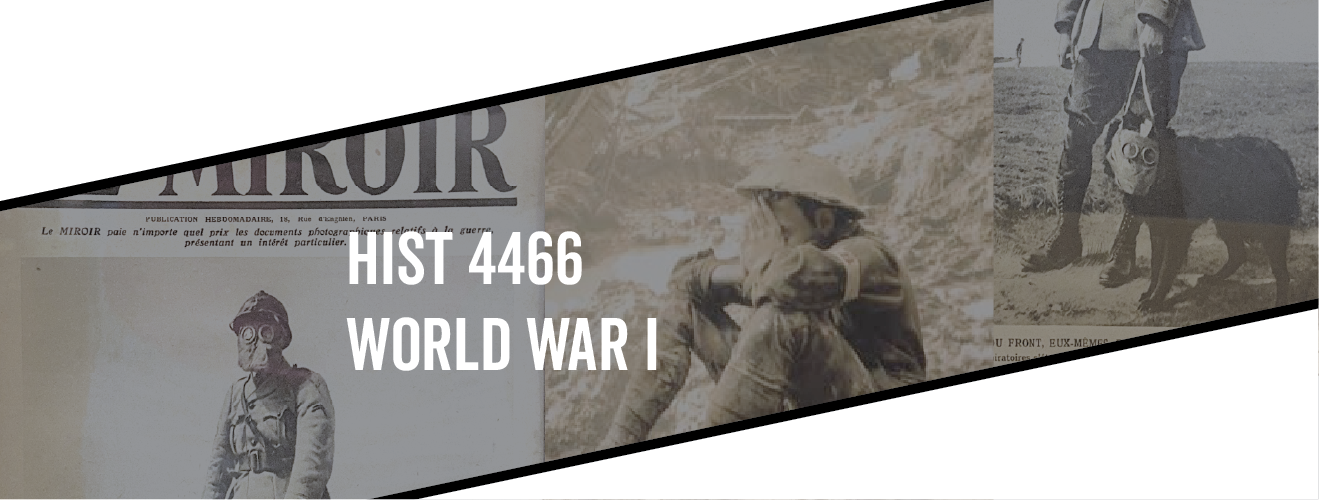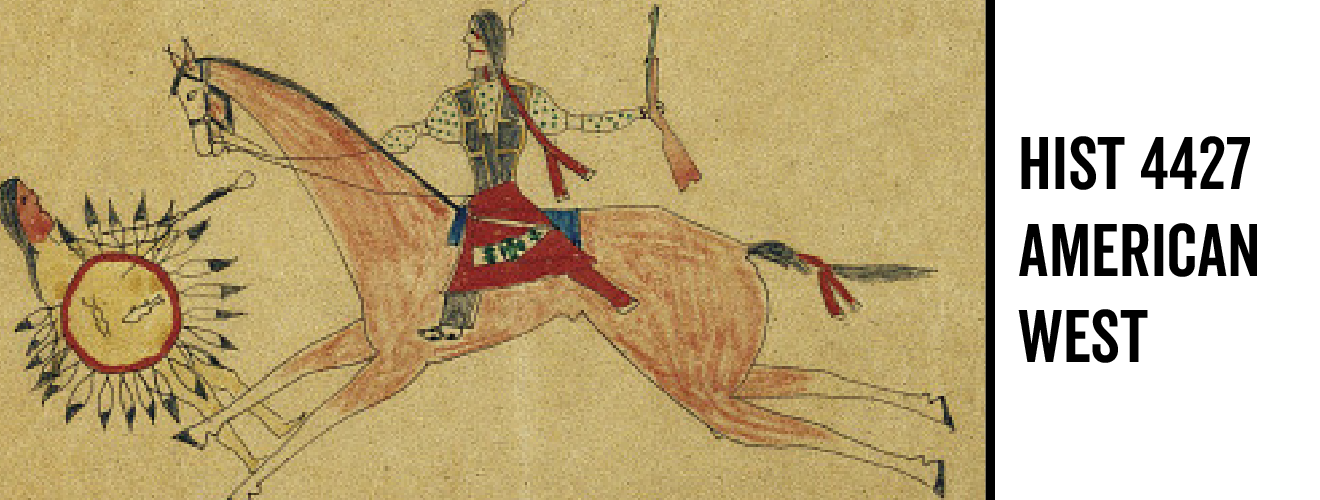"I loved how I felt part of the learning community, even though I was not on campus. Every teacher was dedicated to helping the online students feel part of the mix!"
Elizabeth Mawlam, Class of 2022
Meet Our Faculty
With a rich legacy dating back to the founding of the institution in 1901, our history department has been at the forefront of historical education. Our dedicated faculty members are experts in U.S. and global history, environmental history, and the history of war, conflict, and violence. Their contributions to internationally recognized books and journals ensure that you receive a high-quality education informed by the latest research.

